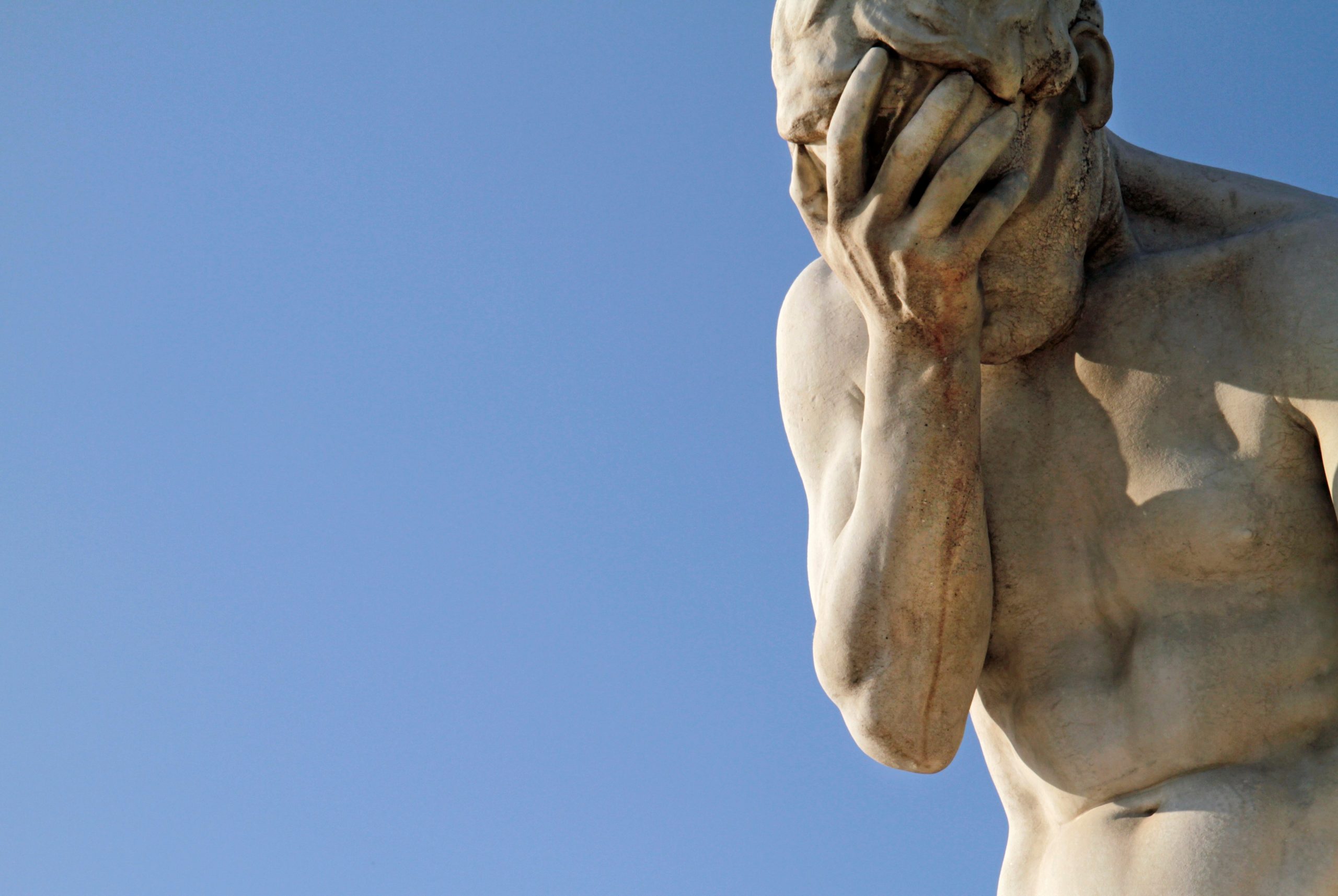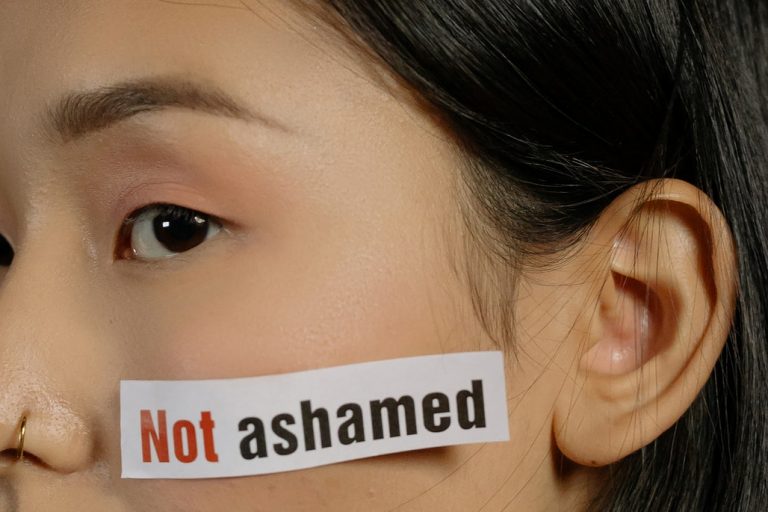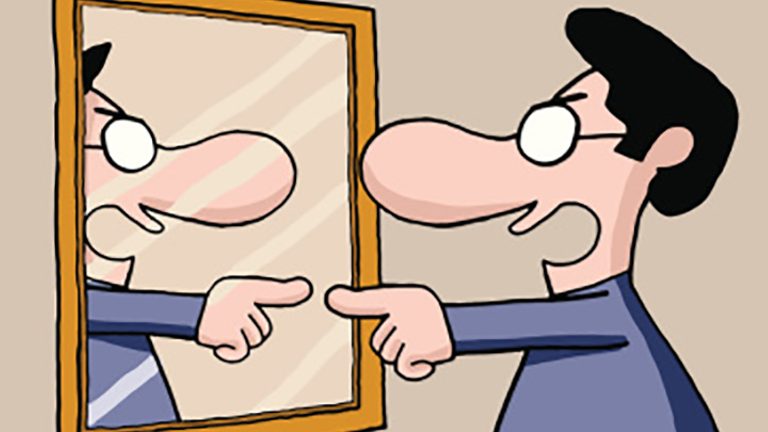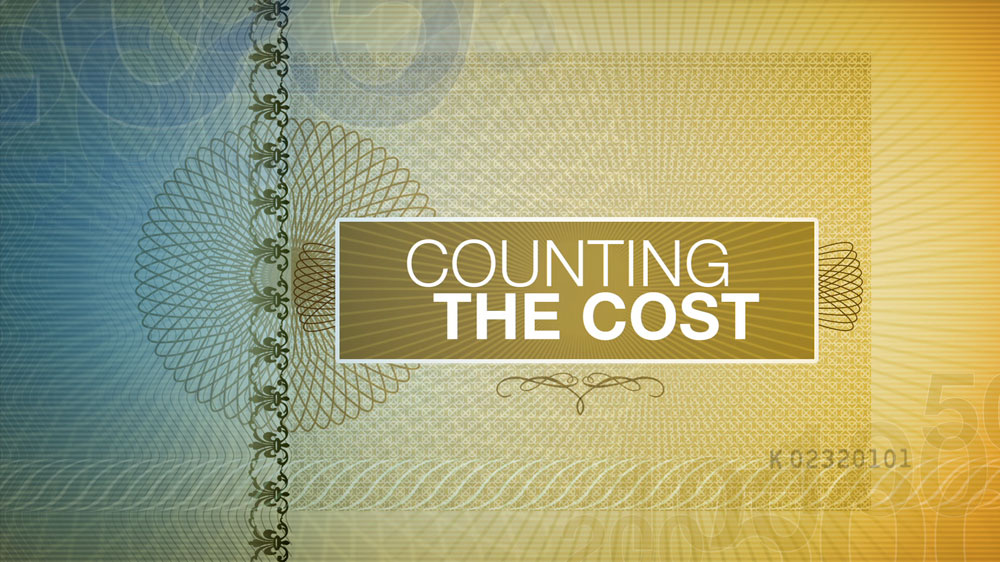Shame as a Social Emotion: A Very Brief Exposé
Shame as a Social Emotion
In the book, “In Defense of Shame,” the authors argue that shame is not necessarily a social emotion. According to them, shame does not have to involve the perspective of another person as we have the innate ability to evaluate ourselves as a failure or as worthless irrespective of how others see or evaluate us.
“In shame, we apprehend a trait or an action of ours that we take to exemplify the
In Defense of Shame: The Faces of an Emotion by Julien Deonna, Raffaele Rodogno, and Fabrice Teroni
polar opposite of a self-relevant value as indicating our incapacity to exemplify this self-relevant value even to a minimal degree”
Whilst this is true to a degree, we cannot rule out the fact that whatever way we see ourselves is a product of the society. According to John Locke, every one came into this world as a Tabular Raza. Tabula rasa is the theory that individuals are born without built-in mental content, and therefore all knowledge comes from experience or perception. Hence, we came into this world as a blank slate.
How we evaluate ourselves and what we evaluate is a product of our socio-cultural interactions. Evidently, our self values is a product of the environment whether it agrees or disagrees with the environment. For instance, a child who grows up seeing the parent fight one and the other every now and then, can grow up to disdain such act which becomes a positive value. While this child has an opposing value system to what was witnessed, what was witnessed still plays a very fundamental role in the outcome of the value system.
Anita Kasabova puts it perfectly in the research work titled, From Shame to Shaming:
“Likewise, our self evaluation as having failed does not happen in isolation but in relation to others. And while there may not always be an actual or imagined audience when we feel shame, our feeling of shame is informed by our emotional rapport with others which affects how we see and evaluate ourselves. We feel unworthy because we accept others’ negative evaluation…”
In understanding shame, we have the social self and the evaluative perception of that self which could be as a result of moral sentiment or social reputation or both. So, there is usually a self evaluation either based on what we think is right or wrong and what others think is right or wrong – especially those whose opinion matters a lot to us.
So, when we feel shame, it is because our identity is threatened. Either we find ourselves doing what we stand against or someone sees us do something regarded as wrong or against the norm. For instance, a person who strongly believes that fornication is wrong but finds themselves in the act as a result of unchecked emotions or too much wine will feel ashamed because it stands against what they believe. If that person walks out of the house where the act was perpetuated, every prying eyes seems like an evaluation procedure which further deepens the shame. Probably, this is where the phrase, “walk of shame” comes from.
Therefore, we can see shame as a social emotion because we are all social being and how we see ourselves is a product of the society whether we agree with the society or not.
to be continued…













